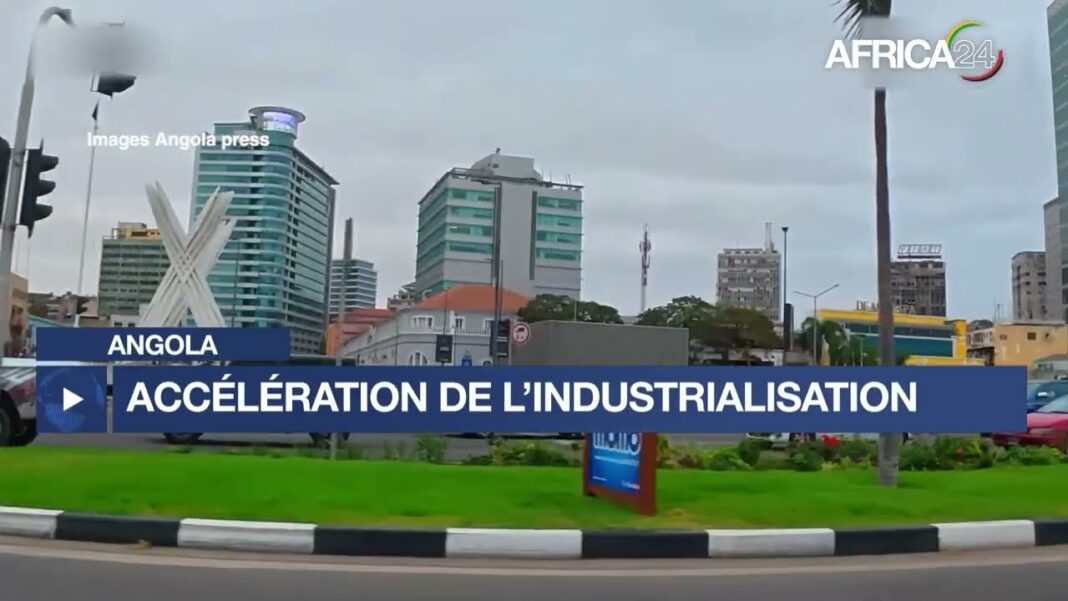In Luanda, the Minister of Industry and Trade announced the Angolan government’s ambition to strengthen the industrial sector’s role in the national economy. The goal: to increase its contribution to the Gross Domestic Product from the current 7.5% to 10% by 2027. This projection is part of the country’s economic diversification strategy, as it remains heavily dependent on oil.
Angola wants to accelerate its industrial transformation. On October 29, 2025, the Minister of Industry and Trade presented the government’s ambitions during a panel on infrastructure financing in Africa. By 2027, the industry’s share of non-oil and gas GDP could rise from 7.5% to 10%. The objective is to make this sector a sustainable engine for growth and job creation for a young and rapidly expanding population.
“What we have said is that the level of participation of the industrial sector in the composition of the gross domestic product in African countries is, on average, not beyond 10%. This is a problem we must solve if we want our economies to have a stronger and more substantial industrial base.”
This initiative is part of an economic diversification context. Currently, hydrocarbons still account for nearly 60% of GDP and 95% of Angola’s exports. The government is betting on enhanced industrialization, supported by the Accelerated Industrialization of the African Continent Program, launched by the African Union and adopted in Luanda. For the Minister, developing the industrial sector is an essential step to consolidate the country’s productive base and reduce its dependence on oil.
“This is something we must work on, in all African countries, not just to create jobs. I spoke about a deficit of 15 million jobs on the continent that we must create for our youth.“
The Minister insisted on the need for integrated industrialization, in synergy with other sectors like agriculture, to promote inclusive growth. Angola intends to lay the foundations for a more diversified and resilient economy. With the goal of 10% industrial GDP within three years, the country is demonstrating its commitment to transforming industry into a genuine lever for sustainable development in the future.
